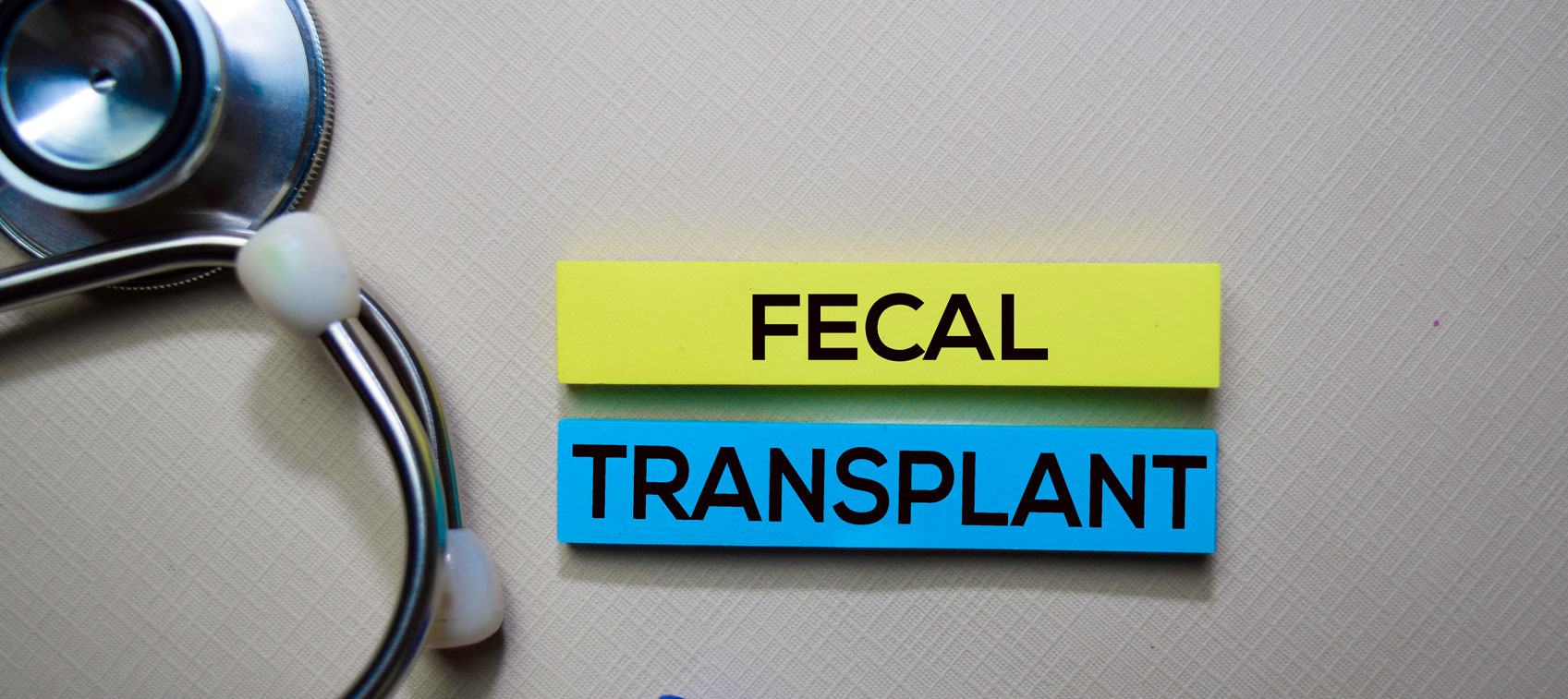
There are many simple and natural ways to restore the growth of healthy gut bacteria in your digestive tract in order to improve your digestion and overall health.
But for some individuals, particularly those with Crohn’s disease, ulcerative colitis, or a C. difficile infection, more drastic measures may be needed to restore digestive health.
Antibiotics, anti-infectives, steroids, and immune suppressants are the most common forms of treatment in these cases, but they routinely fail to correct the problem. In fact, up to 75 percent of patients with Crohn’s disease and 25–30 percent of those with ulcerative colitis end up resorting to surgery.
For these severe cases of digestive distress, there’s a very effective procedure that is just now starting to gain traction, though many medical professionals still don't want to talk about it. It’s called fecal bacteriotherapy, or fecal transplants. You’ve probably heard of “swapping spit” in reference to kissing. Well, stool transplantation is literally “swapping s*it.”
How Fecal Transplant Procedures Work
Fecal transplant procedures involve taking stool from a healthy individual and using it to inoculate the intestines of people suffering from these severe infections. Many studies have shown it to be safe, and very effective (and permanent) results are routinely seen within days.
How to Perform a Fecal Transplant Procedure
While I recommend you use a doctor to perform this therapy, many patients have performed fecal transplant procedures themselves and the results have been just as successful.
One Canadian study found that self- or family-administered fecal transplantation, using a simple, low-volume enema, resulted in a 100 percent success rate among seven individuals with serious C. difficile infections.
First, a suitable donor shouldn’t have any history of gastrointestinal disease, any malignancy, or a history of antibiotic use or hospitalization within the past three months. The donor’s blood gets tested for hepatitis A, B, and C, HIV, and syphilis. And, their stool is tested for pathogens, parasites, and C. difficile.
Typically, a family member is selected since they have been in close proximity with the patient and share the same infectious risk factors, which minimizes risk. (I personally would also pick someone with a good diet and who doesn’t have a weight problem.)
To do the procedure, you need the following items in addition to a fresh stool sample:
- A probiotic supplement that should be taken before the transplant by the patient (not the donor), and for at least 60 days following. I suggest staying on it for life.
- A four-day prescription taken by the patient for either metronidazole 500 mg (orally three times per day), or vancomycin 125 mg (orally four times per day) to sterilize or wipe out the bacteria in the colon. The antibiotic needs to be stopped 24 to 48 hours before the procedure.
- At least 200 mL of normal sterile saline solution (found at any pharmacy or online)
- A standard 2-quart enema bag kit
- A kitchen blender
The best time to perform the procedure is in the morning following the first bowel movement of the day. Follow these steps:
- Combine 50 mL (about 1¾ ounces) of solid stool obtained from the donor immediately before the transplant (less than 30 minutes) with 200 mL saline solution in the blender.
- Mix in the blender until liquefied.
- Pour the entire mixture into the enema bag.
- Have the patient lie on their left side and administer the enema per kit instructions. The patient should remain in that position for as long as possible to avoid defecation. The patient should not feel any pain or discomfort outside of the normal sensations experienced during an enema. If diarrhea occurs within one hour, the procedure can be immediately repeated, but a fresh stool sample will need to be used.
"Poop Pills"
In recent years, pills that encapsulate donor feces have been tested by researchers at the University of Calgary.
They encapsulated the feces and gave the capsules to patients orally. The patients were being treated for recurring C. difficile infections. Researchers gave them 24 to 34 capsules to take over five to 15 minutes on an empty stomach. None of the patients vomited or experienced any adverse effects during a 90-day follow-up.
Interestingly, the researchers reported, “Some have seen improvement in the inflammatory bowel disease and a couple of patients have had irritable bowel syndrome for a couple of months…”
In their earlier reports where they used fecal transplants, they were able to stop C. difficile infections in 70 out of 73 patients. From their statements, it appears that a fecal transplant procedure was more effective than the oral pills.
The researchers called this last study an interim step and hope to develop a formula of beneficial bacteria that could be grown in a laboratory, instead of using donors.
Once there’s a prescription product on the market, the next step will be to marginalize and question the safety of fecal transplants. Don’t fall for that propaganda. Fecal transplant procedures are effective, safe, practically free, and something you can do at home using the instructions above.


